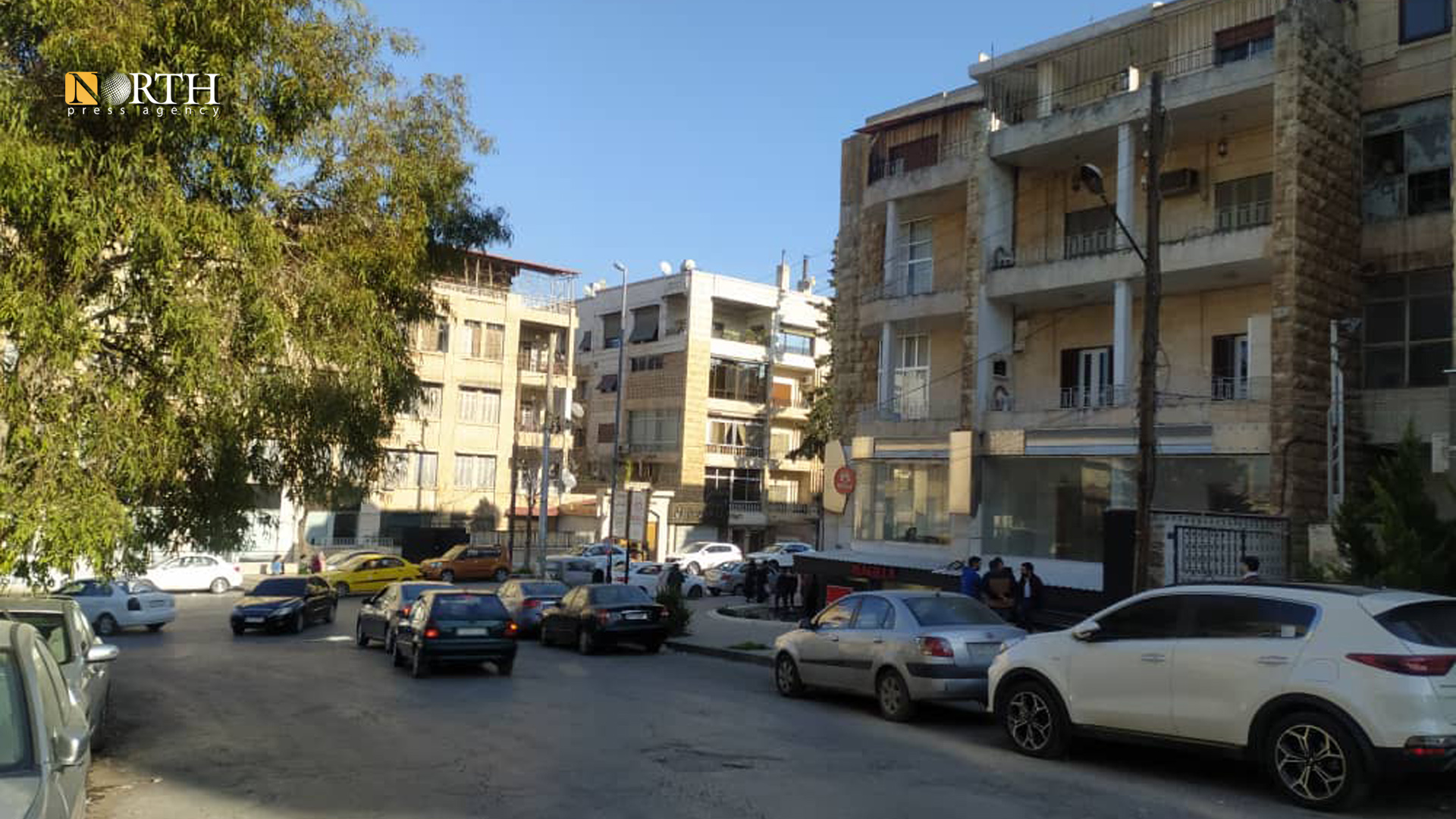Aleppo’s families depend on remittances from outside Syria
ALEPPO, Syria (North Press) – After the Syrian crisis, a large number of Syrians fled the country, and now those who sought refuge abroad are supporting their families who stayed in Syria by sending them remittances, which helps them to overcome the deteriorating economic conditions and living crises.
The Syrian family who has a refugee or an expatriate who sends them a monthly remittance is considered better-off than others amid the unprecedented price hikes and continued decline of the value of the Syrian pound.
The report of the United Nations High Commissioner for Refugees (UNHCR) issued on June 18, 2020 stated that the number of Syrian refugees has reached about 6.6 million, distributed in 126 countries.
Living resource
Muhammad Hadidi, a resident of Firdous neighborhood in Aleppo, said that his children send him $100 every month. “$100 might be nothing, but it is my only source of livelihood.”
One of Hadidi’s sons works in a sewing workshop in Turkey, while the other works on a farm in Lebanon. “They cannot send more. Work in Turkey is hard and the wages are low, and so it is in Lebanon,” the father explains.
“My family will suffer if they stop sending us the $100,” Hadidi added.
On February 25, Syria ranked low on the list of the Food Security Index for the year 2020 issued by the Economic Information Unit of the British Economist magazine.
Syria ranked 101 in a list of 113 countries, since a large number of its population are suffering from food insecurity, according to international reports.
Difficulties of remittances transferring
Ali al-Sheikh, a retiree living in the Sukkari neighborhood in the city, said that his daughter who lives in the Netherlands sends him 100 euros every month.
“With this 100 euro, I secure my family needs, and managed my daughter’s university expenses,” al-Sheikh added.
But the transfer process is going through great difficulties, as it cannot officially transfer due to the exchange rates imposed by the Central Bank.
The value of 100 euros in the black market is more than 400,000 SYP, while it costs 160,000 SYP, according to the Syrian Central Bank.
Due to the continuous increase in foreign exchange rates, the owners of remittance offices now have new procedures for the delivery of remittances.
The government prohibits dealing in anything other than the Syrian pound, and prosecutes recipients of remittances outside of approved exchange companies.
Revive the markets
Experts believe that these remittances can revive the markets through their effect on purchasing power, which will benefit the market and its workers in general.
Aleppo-based economist Muhammad Hamwi said that the remittances sent by residents outside the country to their families improve the purchasing power of families in light of the low wages and the deterioration of the industrial and business sector in the city.
He added that these sums play a major role in stimulating market movement and thus contribute to advancing the local industry on which other families depend.
Many industrial facilities and factories in the city of Aleppo and its nearby countryside are still unable to return to work and start production as a result of the destruction and theft they were subjected to during the war.
Hamwi believes that these remittances can contribute to improving the economic structure and supporting projects if the government organizes the transfer process and removes all obstacles facing it.

